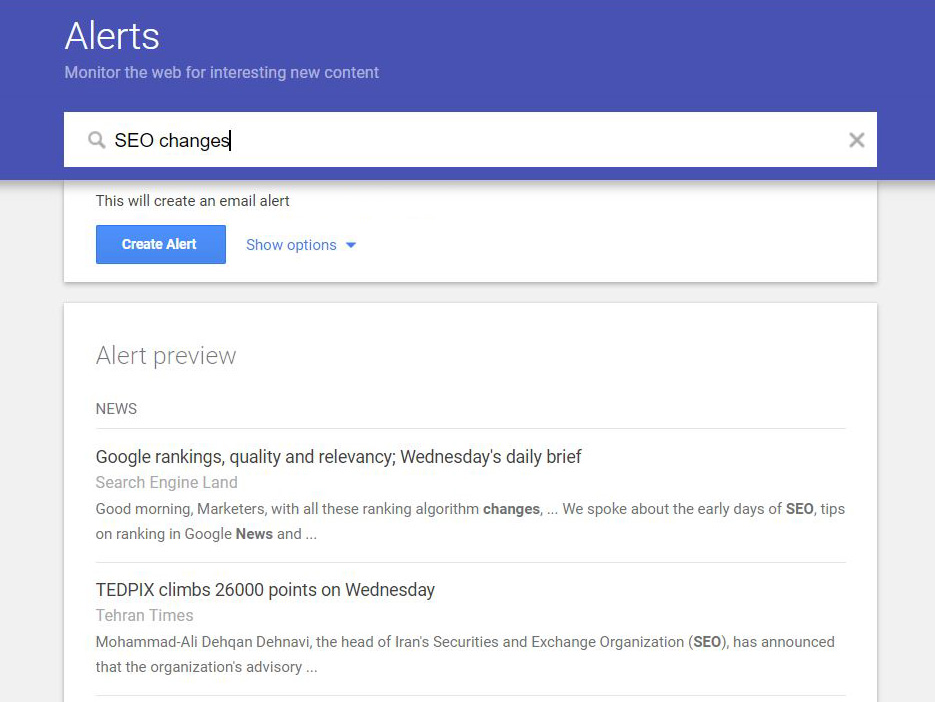10 Effortless & Distinctive Ways for Creating Quality Content For SEO Websites

High Quality Content for SEO Websites – An Outline
In todays day and age, If you want your business to succeed, it is extremely crucial for the SEO content to be brilliant and current, because as public opinions shift, algorithm change , and new information comes along, it is important to update and upgrade the content as well. Don’t base your business decisions on statistics that are years old or strategies that have long been outlived. Adapt, acknowledge your audience, and never skimp on quality — especially when it comes to your content. In 2021, a study found that 89% of businesses rely on organic search as their most powerful distribution channel.
What is High-Quality Content?
In short, the content should be:
- Comprehensive.
- Useful.
- advantageous.
- Educational.
- Accurate.
- The best answer for the searcher’s query.
Mentioned below are 10 Effortless & Distinctive Ways for Creating Quality Content –
Top 10 Ways to Produce High-Quality Content
Once you’ve set the necessary criteria to analyze the success or failure of your content marketing strategy, it’s time to start producing.
Research Your Keyword(s)
These are the words and phrases people type into search engines to find content. Keywords are how you can get your content seen by the public. Before you begin writing, make sure you have at least one or two keywords to work with, if not a few more. You can use free and paid SEO tools like Ubersuggest and Semrush, KWFinder resp. which are excellent choices. You need a relevant keyword, but also one with good data scoring, low in competition so you actually have a spot in the rankings.

Organize and Draft
This step is skipped by many high school students, as well as less-than-expert writers. But organizing your work beforehand is vital. Not only will it help align your thoughts and keep you on track when you get distracted, but it will also make the writing phase itself much faster. Figure out what you want to say, put it down in an orderly manner that makes sense, and add any necessary notes or citations you’ll be using.
Focus on the Quality of Keywords
Do not focus solely on your keywords. Keywords are needed to generate search results. However, according to Google’s current algorithms, quality has a higher value. The keywords should be relevant to your topic describing them in greater detail, thus adding more value to the quality of the content. It should be thoroughly researched and authentic.
Go Deep and Focus on the Reader
The more in-depth your writing is, the more will you be liked by the Google’s algorithm and your readers as well and it all, always, goes back to your readers. Your audience controls your company – they’re necessary for you to thrive and even exist. So, when you’re writing your SEO content, try to look at things from your reader’s point of view. A couple of things to keep in mind:
- Who is your audience?
- What keywords are they using?
- What information do they need?
- Why do they need that information?
Make Topics Unique by Adding Your Own Perspective
Mark Twain once famously said – “There is no such thing as a new idea. It is impossible. We simply take a lot of old ideas and put them into a sort of mental kaleidoscope. We give them a turn and they make new and curious combinations. ”
What makes it unique and worth reading is our own perspective. Perhaps that means injecting your notorious sense of humor into an article that would normally be a serious topic. Or weaving personal stories and anecdotes throughout a piece of content. With a little creativity, you can recycle content through your “mental kaleidoscope” and make it uniquely yours.
Optimize Links
This step is crucial. There are two kinds of links you need to use in your content:
- Internal: Links back to your company’s website. These could be a shop, contact page, or a relevant blog post.
- External: Links to external sources used to back up your claims and give your article depth.
These are indispensable to SEO content creation, but you must be careful. Links to non-reputable sites or using out-of-date information will only cause more hurt. Include about one to three internal links for a 1,000-word article, as well as approximately five to seven external links, depending on the content itself.
Edit and Re-Edit
For high quality content, DONOT publish first drafts without so much as a quick editing. This is where an editorial tool can become a major asset. Use it to check on targets and give yourself enough time to write an article, let it sit for a day or two, and then come back and polish it up. Don’t push out in a quickly written, unedited content and expect to maintain your high-quality reputation.
Make Good Use of Social Media
Visual content is easier for people to process and remember than plain text. Types of visual assets that complement written content include:
- Screenshots.
- Photos.
- Infographics.
- Charts.
- Videos.
- Gifs.
- Memes.
Using multimedia to enhance your content can improve engagement and, in many cases, is an effective way to illustrate a point or provide an example.
Do Original Research
Readers are becoming swamped with blogs that are copies or copies of copies of other’ posts. Don’t take all of your sources from one other site: find your own. Using original sources is vital for today’s SEO, and it’s not too hard to do. A quick tip is to search your primary keyword in Google, open all 10 of the results on the first page, and give them an in-depth read to kick off your research. You can also search specific keywords plus [statistics] or [facts] to find information relevant to your article.

Use Analytical Data to Measure Content Performance and Adjust Your Strategy
The proof of your content’s success is going to be in the numbers. Even if you think you’re producing high-quality content, your audience may disagree. And if that’s the case, it doesn’t matter what you think – it’s the consumers who have the final say over what content is valuable and what is not.
Conclusion
It’s an undeniable truth – if you want to stand out from the avalanche of content being produced every single day, you have to focus on quality. It’s one of the best ways to cement your authority within your niche, engage your audience with the topics that matter to them most, and set your website up for success with search engines. Creating high-quality content is one of the most difficult aspects of SEO, but creating the best content you possibly can has been proven time and again the best way to attract the most relevant audience.
